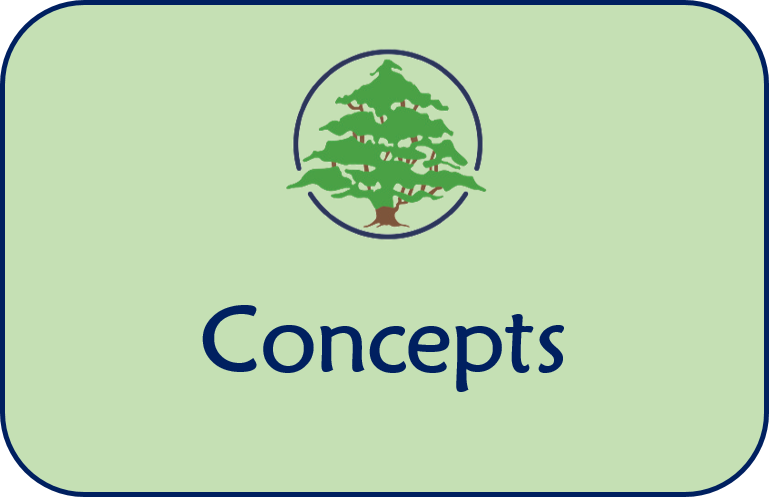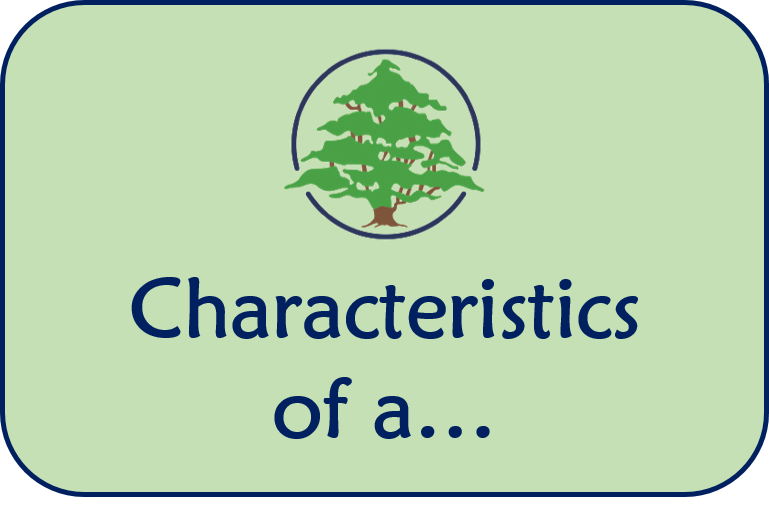History
History at Stocksbridge Junior School
At Stocksbridge Junior School, every child is a historian. We want all our pupils to know that every time they engage in the study of history, they are thinking like a historian. We believe that by studying history, this helps them to understand how events in the past made things the way they are today; learning lessons from the past, not only teaches us about our own history, but it also develops society’s ability to avoid repeating the same mistakes and thereby creating a better future for all. Through the study of history, our pupils come into contact with other cultures and societies and gain a broader understanding of the world as it is today and their place within it.
Intent
At Stocksbridge Junior School, we aim to provide a high-quality history curriculum which will inspire our pupils to be curious and interested in Britain's past and that of the wider world. We want our pupils to be enthusiastic, learning about the past through narratives from different points in history and also develop a chronological understanding of how history links and overlaps from the earliest times to the present day. Our children will also develop an increasing knowledge and understanding of people's lives, the process of change, the diversity of societies and relationships between different groups, as well as learning about their own personal history and identity. This will be explored through a carefully planned and sequenced history curriculum, where the children will develop an understanding of six key historical disciplinary concepts: sources and evidence; cause and consequence; similarity and difference; historical significance; change and continuity; and interpretation.
Through our curriculum, we ensure that our children enter and leave a significant stage in their academic journey and social and emotional development, fully prepared for the next phase in their lives. It is our commitment that our children are accessing a curriculum that will meet and exceed the requirements of the national curriculum through key concepts and ambitious end points. Every pupil, regardless of social disadvantage and SEND, is entitled to an ambitious curriculum. Where required, carefully designed support will identify and address gaps in knowledge and skills so that every child is successful. Our curriculum embodies our REACH ethos and, has at its core, British values. Our curriculum has been designed with the interest and needs of all of our pupils and our community and is unique to the pupils of Stocksbridge Junior School. It is designed to give every pupil an opportunity to develop their ability, nurture their talent and interests and express their thoughts and opinions. As well as learning about British history, they will learn about the history of the wider world and study those people who have had a significant impact in the past, but have also impacted the present and future.
Implementation
The history curriculum is carefully planned, sequenced and organised into six disciplinary concepts:
- Sources and evidence
- Cause and consequence
- Similarity and difference
- Historical significance
- Change and continuity
- Interpretation
At Stocksbridge Junior School, we emphasise the importance of historical knowledge being shaped by disciplinary approaches. These strands are interwoven throughout all our history units to create engaging and enriching learning experiences which allow the children to investigate history as historians do. Each of these concepts contains a multitude of skills and knowledge which children will acquire as they progress from Year 3 to Year 6. Accordingly, children will have varied opportunities to learn how historians use these skills to analyse the past and make judgements.
In addition, substantive (abstract) concepts such as power, trade, invasion and settlement, are introduced in lower key stage 2, and revisited in upper key stage 2, allowing knowledge of these key concepts to grow. These concepts are returned to in different contexts, meaning that pupils begin to develop an understanding of these abstract themes which are crucial to their future learning in history.
A comprehensive, termly topic cycle focusses on specific periods of history where key knowledge and skills have been identified for each topic, to ensure progression in each year group across the school. By the end of Year 6, children will have a chronological understanding of British history to the present day. They will be able to draw comparisons and make connections between different time periods.
These are interlinked with studies of world history from ancient times to the present day.
Our History curriculum follows a spiral progression model, which ensures that previous skills and knowledge are returned to and built upon. For example, children progress by developing their knowledge and understanding of substantive and disciplinary concepts by experiencing them in a range of historical contexts and periods.
This provides our pupils with opportunities to develop, revise and build upon their previous knowledge and skills throughout their time at Stocksbridge Junior School, enabling them to meet the national curriculum attainment targets. Our pupils are encouraged to think and behave like historians, so we place emphasis on the teaching of subject-specific, tier-three vocabulary to support their work.
In order to ensure that our staff feel confident to deliver high-quality, inspiring and engaging history lessons, we have invested in the Kapow Scheme and the Historical Association’s Primary History Programme, which provides appropriate CPD opportunities.
Impact
As our children move through school, they will learn to ask perceptive questions, think critically, weigh evidence, sift arguments, and develop perspective and judgement. They will also be able to articulate their understanding with confidence. Outcomes in our pupils’ history exercise books, on their Seesaw journals and regular quizzes, will evidence a broad and balanced history curriculum and demonstrate the children’s acquisition of identified key knowledge. Emphasis is placed on analytical thinking and questioning which will help our children gain a coherent knowledge and understanding of Britain’s past and that of the wider world and they will be curious to know more about the past as they make the transition to secondary school. The work produced by our pupils will demonstrate that they are equipped with the historical skills and knowledge to enable them to continue their learning journey and be ready for adult life.
Stocksbridge Junior School Curriculum for History
The National Curriculum for History
Purpose of study
A high-quality history education will help pupils gain a coherent knowledge and understanding of Britain’s past and that of the wider world. It should inspire pupils’ curiosity to know more about the past. Teaching should equip pupils to ask perceptive questions, think critically, weigh evidence, sift arguments, and develop perspective and judgement. History helps pupils to understand the complexity of people’s lives, the process of change, the diversity of societies and relationships between different groups, as well as their own identity and the challenges of their time.
Aims
The national curriculum for history aims to ensure that all pupils:
- Know and understand the history of these islands as a coherent, chronological narrative, from the earliest times to the present day: how people’s lives have shaped this nation and how Britain has influenced and been influenced by the wider world.
- Know and understand significant aspects of the history of the wider world: the nature of ancient civilisations; the expansion and dissolution of empires; characteristic features of past non-European societies; achievements and follies of mankind.
- Gain and deploy a historically grounded understanding of abstract terms such as ‘empire’, ‘civilisation’, ‘parliament’ and ‘peasantry’.
- Understand historical concepts such as continuity and change, cause and consequence, similarity, difference and significance, and use them to make connections, draw contrasts, analyse trends, frame historically valid questions and create their own structured accounts, including written narratives and analyses.
- Understand the methods of historical enquiry, including how evidence is used rigorously to make historical claims, and discern how and why contrasting arguments and interpretations of the past have been constructed.
- Gain historical perspective by placing their growing knowledge into different contexts: understanding the connections between local, regional, national and international history; between cultural, economic, military, political, religious and social history; and between short- and long-term timescales.
Subject content: Key stage 2
Pupils should continue to develop a chronologically secure knowledge and understanding of British, local and world history, establishing clear narratives within and across the periods they study. They should note connections, contrasts and trends over time and develop the appropriate use of historical terms. They should regularly address and sometimes devise historically valid questions about change, cause, similarity and difference, and significance. They should construct informed responses that involve thoughtful selection and organisation of relevant historical information. They should understand how our knowledge of the past is constructed from a range of sources.
In planning to ensure the progression described above through teaching the British, local and world history outlined below, teachers should combine overview and depth studies to help pupils understand both the long arc of development and the complexity of specific aspects of the content.
Pupils should be taught about:
- Changes in Britain from the Stone Age to the Iron Age.
- The Roman Empire and its impact on Britain.
- Britain’s settlement by Anglo-Saxons and Scots.
- The Viking and Anglo-Saxon struggle for the Kingdom of England to the time of Edward the Confessor.
- A local history study.
- A study of an aspect or theme in British history that extends pupils’ chronological knowledge beyond 1066.
- The achievements of the earliest civilizations – an overview of where and when the first civilizations appeared and a depth study of one of the following: Ancient Sumer, The Indus Valley, Ancient Egypt, The Shang Dynasty of Ancient China.
- Ancient Greece – a study of Greek life and achievements and their influence on the western world.
- A non-European society that provides contrasts with British history – one study chosen from: early Islamic civilization, including a study of Baghdad c. AD 900; Mayan civilization c. AD 900; Benin (West Africa) c. AD 900-1300.


